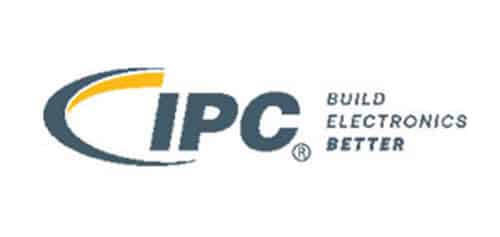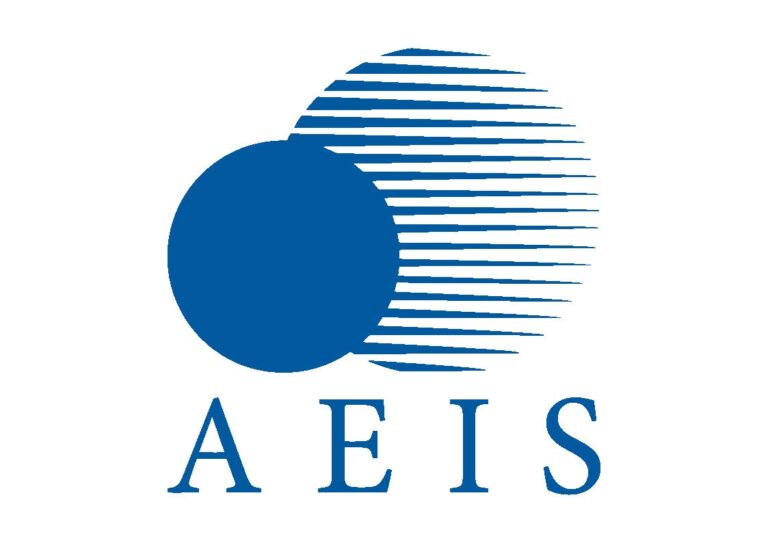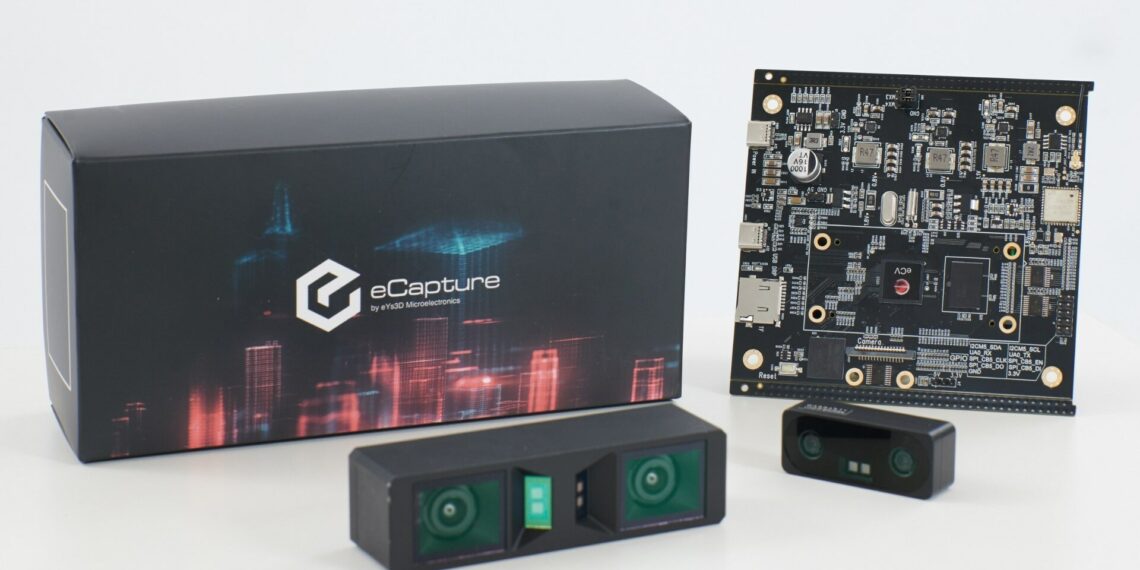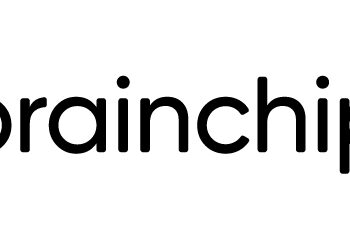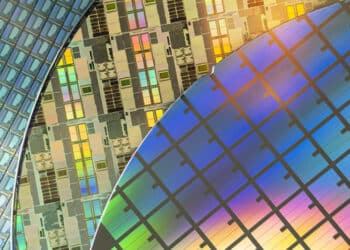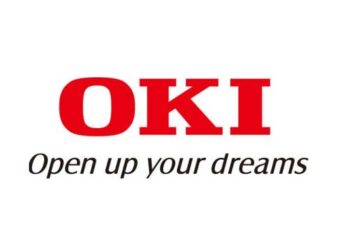The Hsinchu Science Park 42nd Anniversary Gala Dinner, with the theme titled “Innovation as the Driving Force, Sustainability as the Focal Point,” took place recently, where a host of top-performing companies received commendation during the grand event. Etron Technology, Inc. (TPEx: 5351), the world’s leading IC design company that promotes heterogeneous integration, was honoured with the R&D Achievement Award for its excellent R&D accomplishments. This award serves not only as a recognition of Etron’s long-standing commitment to R&D and outstanding performance in technology commercialization, but also as an encouragement for others to engage in corporate sustainability and contribute to the long-term development of the industry.
Established for over 31 years, Etron, with a solid foothold in Taiwan’s Hsinchu Science Park (HSP), has benefited from HSP’s unceasing efforts to establish an excellent industrial environment aimed at facilitating ongoing innovation and concrete R&D accomplishments among companies. The Hsinchu Science Park Bureau (HSPB) continues to encourage companies to engage in R&D at HSP and obtain patents to protect their R&D accomplishments, thereby spurring the vigorous development of Taiwan’s semiconductor industry and its links to the world. HSPB’s initiatives to foster industrial innovation and technology commercialization have not only driven economic development and provided an excellent regional environment, but also brought positive development of leading ideas and humanities to Etron. Having been honoured with the R&D Achievement Award, Etron endeavours to carry on expanding its business in domestic and international markets, creating a Taiwan brand image with a global perspective, attracting international collaboration, and establishing cross-disciplinary links, so that the spirit of Taiwan continues to shine bright on the international stage.
Etron Chairman Dr. Nicky Lu founded the company after returning from the U.S. in the 1990s. He actively engages in advanced technologies for semiconductor manufacturing and design with an insistence on independent R&D. In the National Submicron Project jointly launched by the Ministry of Economic Affairs (R.O.C.) and the Industrial Technology Research Institute (ITRI), Dr. Lu, along with ITRI’s Electronic and Optoelectronic System Research Laboratories, successfully developed Taiwan’s first 8-inch wafer and 0.5-micron logic, SRAM, and DRAM process technology, thereby setting a key milestone in Taiwan’s development of advanced wafer technology that has resulted in the large-scale development of the semiconductor industry and the influx of capital into HSP. At the same time, Dr. Lu has also made great contributions to the development of R&D talents in the semiconductor industry and laid a solid foundation in Taiwan’s journey to become a pivotal production cluster in the semiconductor industry chain. As a result, the resilience of supply chain for Taiwanese chips has gained serious attention from the global community.
From 1991 to 1995, Dr. Lu founded Etron to work with ITRI/ERSO teams on the National Submicron Project (NSP) aimed at building advanced IC technologies for Taiwan. He was responsible for defining technologies with scaling strategies, optimizing technology and design with architectures that accelerate technology-node transitions, and designing diagnostics chip vehicles to enable faster DRAM/SRAM/Logic product migrations, which in turn serves as the key to how Taiwan could leapfrog other countries in silicon technology from the legacy 6-inch wafer, 1.0-micron process/design to its very own 8-inch wafer, 0.5-micron advanced design and manufacturing capabilities. NSP’s success has enabled Taiwan’s IC industry to expand in size from US$1 billion in 1990 to US$169 billion in 2022(e) (~30% in total revenue).
During that period, Taiwan’s semiconductor industry was ushering in a boom era, which not only gave rise to a host of large semiconductor manufacturing companies but also enabled IC design companies to flourish. At that time, Etron launched Taiwan’s first 16Mb DRAM and 4Mb SRAM in addition to effectively developing logic design methods with advanced EDA tools, thereby leading to the successful development of many IC design companies.
Heterogeneous integration was first proposed by Dr. Lu in his plenary talk titled “Emerging Era of Heterogeneous Integration” at the International Solid-State. Circuits Conference (ISSCC) in 2004. As early as 2000, Etron launched the Known-Good-Die Memory (KGDM), which successfully tapped into the heterogeneous integration product series of various manufacturers such as Intel, Seagate, and MediaTek, thus becoming the frontrunner in the promotion of heterogeneous integration in the global semiconductor industry. The trend of innovative IC heterogeneous platform has triggered the launch of multi-stacked KGD chip, also known as the Heterogeneous Integration of Si-Centric Technology, which has now been recognized worldwide as a specific solution, other than Moore’s Law (i.e., the trend of homogeneous transistor on a chip), that can drive the semiconductor industry to continuously grow towards the trillion-dollar era of the development of circuit integration technology in parallel.
As advanced DRAM products are needed for heterogeneous integration applications, Etron introduced a new platform for heterogeneous integration of AI and DRAM. For example, the new RPC DRAM x16bit DDR3 SDRAM has half the number of pins found in products of the same grade. It is only one-tenth the size of similar products to achieve both a small factor and cost reduction, thereby offering both cost and power consumption advantages. Etron’s very own RPC DRAM is the world’s first and smallest DRAM in a wafer-level chip scale package (WLCSP), which supports high bandwidth and meets the needs of artificial intelligence (AI)-generation micro terminal devices. After observing customers’ needs in product usage, Etron developed a new business model to provide a complete solution with the integration of controller and DRAM.
KOOLDRAM , another innovation of Etron, is a product that was born out of the physical limitations of traditional DRAM products and developed by flipping the design of DRAM circuits, can significantly extend DRAM data retention time and increase overall DRAM performance in compliance with the JEDEC standard. It is also particularly suitable for high-temperature applications. This product overcomes the long-standing problem of efficiency loss while accessing data in high-temperature environments encountered by traditional DRAM. Meanwhile, Etron’s RPC DRAM, which is currently the smallest DRAM that can support high bandwidth, is an excellent solution for customers facing size, cost, and power consumption challenges. It has also passed international automotive certification standards (i.e., AEC-Q100 Level 2). With a long-standing commitment to the development of innovative memory products, Etron also promotes AI-on-chips with heterogeneous integration of components so as to yield R&D results and realize technology commercialization.
As one of the few design companies with an understanding of both memory and logic ICs in the world, Etron has a comprehensive product line that ranges from master control, device, transmission cable to USB audio and video capture interface products, thanks to its devotion to USB high-speed transmission interface products over the years. Specifically,the USB Type-C E-Marker controller IC-EJ903 has been honoured with the Excellent Manufacturer Innovative Product Award by HSP. EJ903, one of the key components in ultra-high speed transmission cables, is the first in the world to be awarded both USB4 and Thunderbolt certifications. It has been used by PC peripheral cable manufacturers and in optical fiber cables, and also integrated into USB4 products, which not only leads end users to use these products but also speeds up the adoption of USB4.
In an effort to realize the advantage of the memory plus logic IC design, Etron is actively promoting heterogeneous integration of products in AI terminal devices. At present, eYs3D Microelectronics, Co., a subsidiary of Etron, has developed AI-enabled computer vision technology and products. For instance, the XINK next-generation robot vision platform is built with eCV1, the company’s first ever AI chip that uses a 28nm and 12nm dual chipset. This AI chip has been officially communicated to customers to develop new applications. Compared to traditional chips, this AI chip demonstrates enhanced performance and is capable of processing a massive amount of data in a shorter period of time, enabling it to be used extensively in rapidly growing areas, such as AI and machine learning, Internet of Things, and wireless communication devices.
Ushering in the era of inclusive application of IntelligenceN, Etron is actively advancing heterogeneous integration of products in product innovation. While stepping up efforts to engage in the development of innovative technologies and realize the mass production of advanced products, Etron sets high requirements for product quality and speeds up the development of high-performance, low-power DRAM products. At the same time, Etron has also initiated heterogeneous integration of AI, logic IC, and DRAM, with plans to obtain patents all over the world as the company anticipates to gain from markets derived from innovative products.
DeCloakFace Named CES 2023 Innovation Awards Honoree
The Innovation Awards are sponsored by CTA, the host and organizer of CES – recognized worldwide as the global stage for innovation and the most influential tech event. Etron Tech (TPEx: 5351.TW), a world-class fabless IC design and product company specializing in application-driven memories, announced today that its new start-up innovation has received the CES 2023 Innovation Award. From a record-high number of over 2,100 submissions, DeCloakFace, an obfuscated image deep-learning facial recognition model, was selected as an honoree in the Cybersecurity & Personal Privacy category. It is developed by Etron’s new start-up/affiliated company – DeCloak Intelligences.
With the rapid development of artificial intelligence (AI) technology, the adoption of facial recognition for identity verification is becoming more popular than ever. DeCloak Intelligences has developed DeCloakFace, an obfuscated image deep-learning facial recognition model whose aim is to protect the data privacy of enterprises that adopts facial recognition as a login or access control choice. DeCloakFace does not require a hardware key for its solution and conducts secure identity verification in a way that does not leak privacy. The innovative and unprecedented solution has brought a great deal of attention from industries including finance, healthcare, cryptocurrency and e-signature platforms, where identity verification or multi-factor authentication is required.
With a highly efficient algorithm architecture, DeCloakFace requires only one obfuscated image for its microsecond-level AI training. When users log in with DeCloakFace, their facial data is securely protected because only the obfuscated images will be transmitted to the cloud and their actual facial photos will not be stored on-premise or transferred to the cloud.
CES 2023 will take place in Las Vegas from January 5 to 8, and Etron Tech Group would like to invite you to attend this prestigious event. CES is the most prominent tech event in the world. Etron uses IC products to fulfill “Pervasive Intelligence Heterogeneous Integration,” which endows electronic products with AI and the capabilities of the brain, eyes, and nerves, as well as privacy to develop innovative products and enrich life values.
